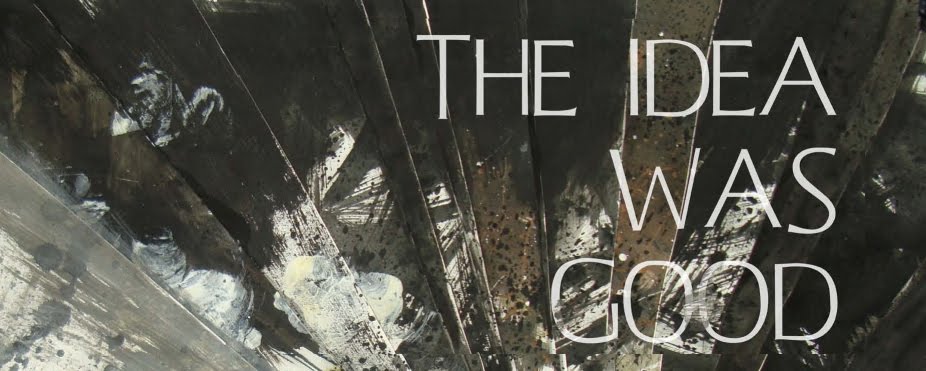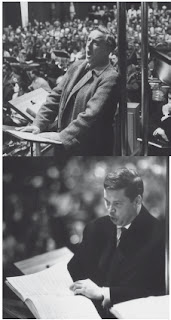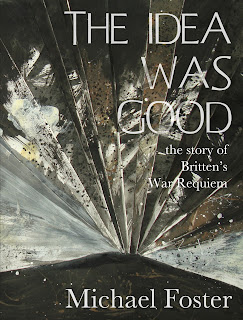“All a poet can do is warn.
That is why a true poet must be truthful.”
The immortal statement of Wilfred Owen.
This was the essence of Benjamin Britten’s War Requiem, written for and performed for the consecration of Coventry Cathedral, 50 years ago and celebrated in THE IDEA WAS GOOD, Michael Foster’s story of the turbulent events that stirred work and its performance.
Both during the war years and afterwards (and perhaps even as you read this) the dead are returned to the living in prose and poetry.
Many writers used verse to keep the voices of the fallen alive, by speaking for them, to them and about them. Soldiers, particularly, developed their own way of doing this and their soliloquies were sad, evocative, often moving. Much of this verse was written by men who continued to serve, even when they knew the madness of doing so. In one sense, therefore, war poetry is a set of meditations on the dead and their passing.
When commissioned to write a major choral piece for the consecration, Britten seized the opportunity to write not only a Requiem for those who had died, but also a parable for those who had survived and for much of his texts he chose the poems of Wilfred Owen.
Owen fought as a British Infantry Officer and was awarded the Military Cross, but he described himself as a ‘conscientious objector with a very seared conscience’. His writing was offered bitter with terrible, but vivid, portrayals of the death-struggles of gassed men, or painful death in a hail of machine-gun bullets.
If Britten’s music was the sheath,
the raw steel of bloodied sword were the words of Wilfred Owen.
For his 21st Birthday, Wilfred Owen’s brothers and sister gave him Shelly’s complete works of poetry. This was to feed Owen with some of the inspiration for what many consider to be his most troubled poem – ‘Strange Meeting’.
Shelly’s ‘The Revolt of Islam’ is a symbolic parable on liberation and revolutionary idealism following the disillusionment of the French Revolution. As Shelly explains in the preface, he uses the power of poetic verse to promote: “a virtuous enthusiasm for those doctrines of liberty and justice, that faith and hope in something good, which neither violence nor misrepresentation nor prejudice can ever totally extinguish among mankind”.
This struck the chord for Owen and sounded the apocalyptic trumpets of Hades for Britten.
Owen wrote Strange Meeting just months before he died in bitter irony, struck down by a hail of machine gun fire on one of the last attacks of The Great War. Siegfried Sassoon called it "Owen’s passport to immortality".
Strange Meeting recaounts a dramatic meeting between two dead soldiers who had fought on opposing sides. No longer enemies, they find it possible to see beyond conflict and hatred in a shared awfulness of "the truth untold". Hence the words of Owen's famous preface; "All a poet can do is warn".
The words of Strange Meeting figure strongly in the last section of War Requiem.
…I am the enemy you killed, my friend.
I knew you in this dark; for so you frowned
Yesterday through me as you jabbed and killed.
I parried; but my hands were loath and cold.
Let us sleep now…
By his dead smile I knew we stood in hell.



















